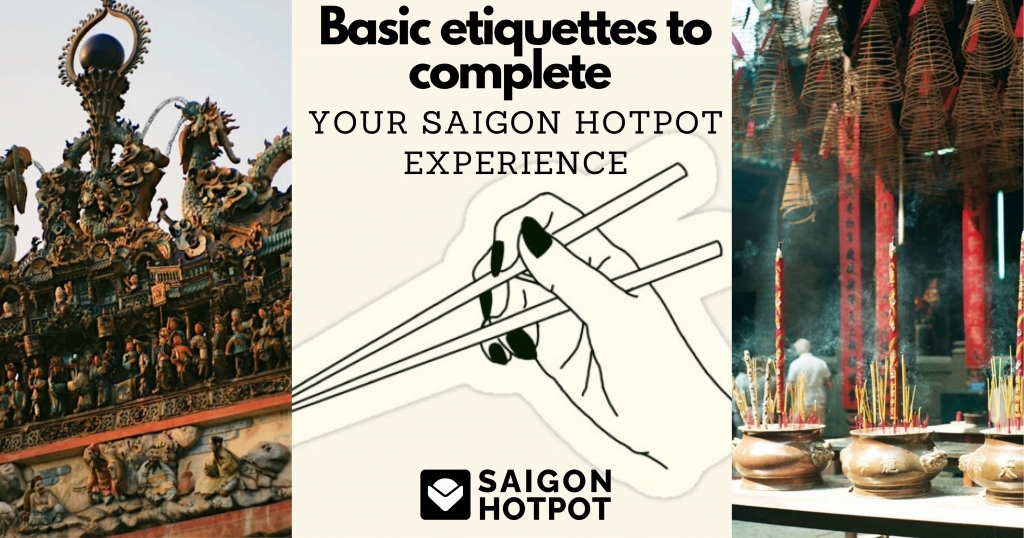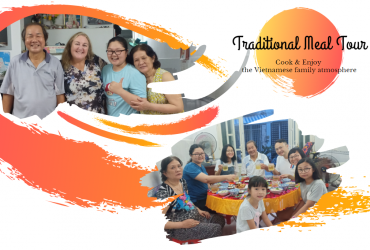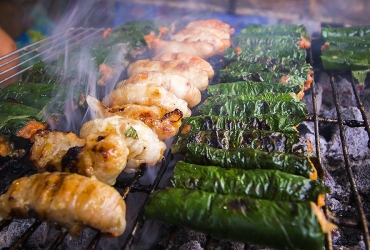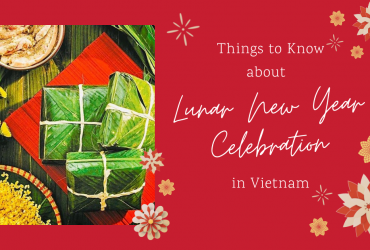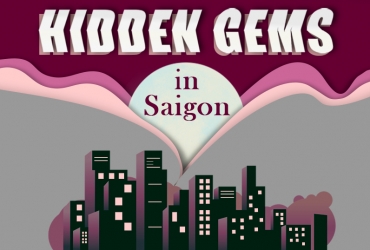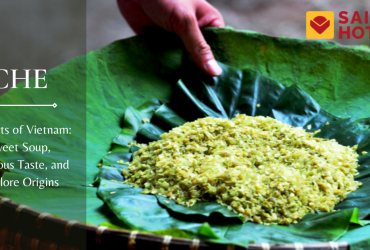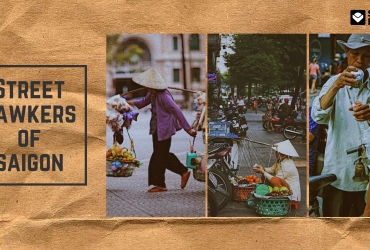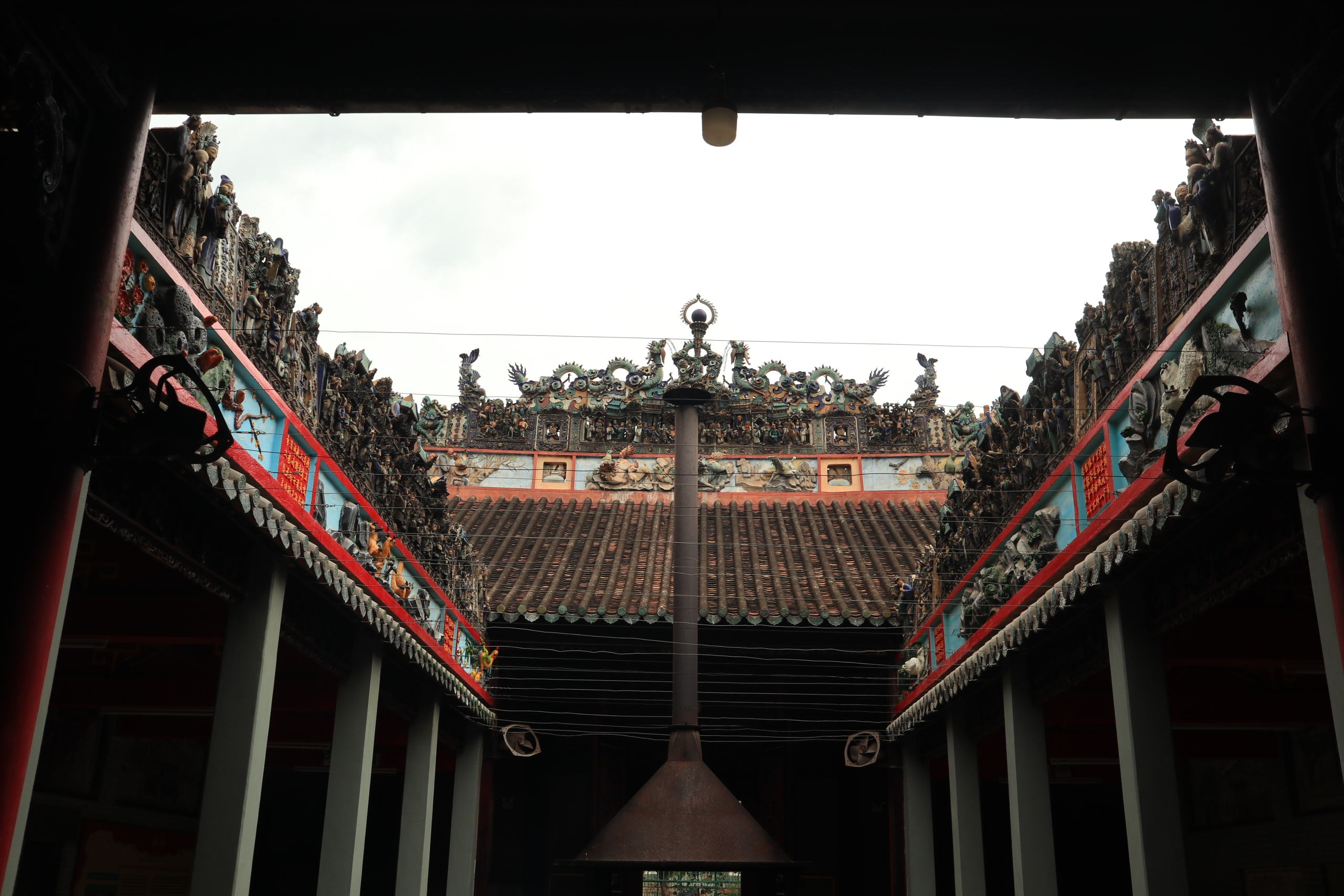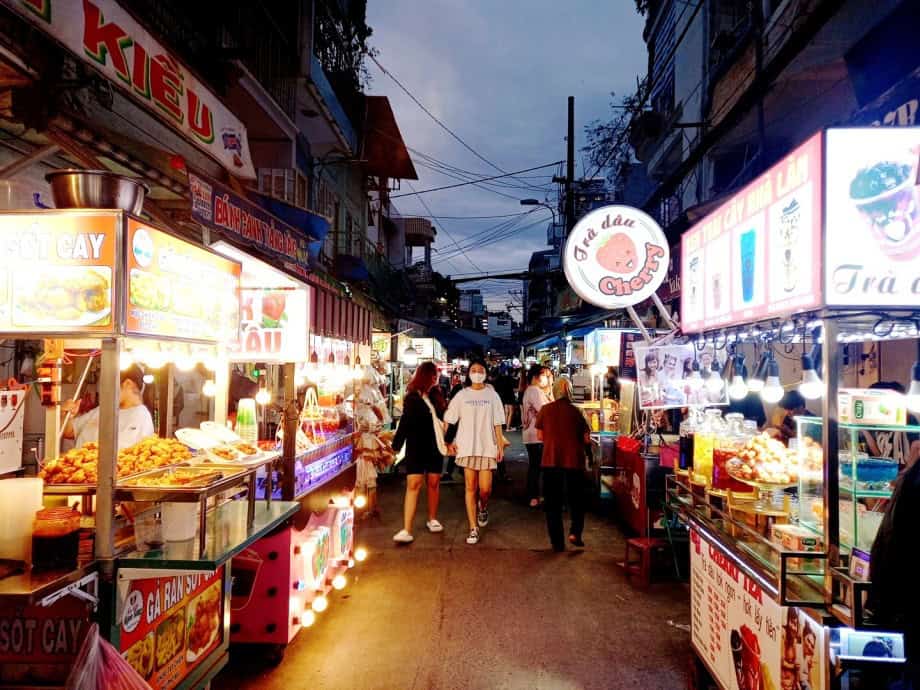Saigon Hotpot is perhaps best known for its local companions guiding you through the hustle and bustle of Saigon. Navigating the city is no longer a problem when you’re accompanied by the energetic youth birthed from this city’s vibrancy. However, such experience is only complete when you’re mindful of basic etiquettes when touring the city.
Don’t despair, for this article is here to save your day!
=/=
Many pagodas and temples in Vietnam contain within themselves both historical and spiritual values that stand against the erosion of time and the destruction of war. Vietnamese people partake in maintaining those values by attending and organizing festivities at these religious sites, making it one of their most beautiful cultural elements. Follow these basic etiquettes for a fulfilling Chinatown experience with Saigon Hotpot!
DRESS MODESTLY WHEN VISITING RELIGIOUS SITES
It is important that you pay respect by dressing modestly with appropriate, dignified clothing. Shorts and skirts are not allowed in these hallowed halls as they do not conform to the spiritual beliefs upheld by temples and pagodas.

Dress modestly with simple clothings (Source: gumac.vn)
NO LOUD TALKING OR POINTING FINGERS AT RELIGIOUS STATUES
Seeing as various pagodas and temples are considered places of solemnity, you should be mindful of your tone of voice when conversing with each other. In addition, your conversation should remain respectful to religious figures worshipped at these religious sites. Along with this, you should remember not to point fingers randomly at religious statues as that is considered very disrespectful towards the people and the religion itself.


No loud talking or pointing fingers in religious sites (Source: shutterstock.com)
NO CUTTING ACROSS PEOPLE PRAYING
Though there is no religious undertone behind doing this, you are still advised to not cut across people praying out of pure politeness to others. Not only is this polite, you are also showing mutual respect to one another.

A person praying in a temple (Source: phatgiao.org.vn)
=/=
Using chopsticks has been an everyday norm for the people in Vietnam and other East Asian countries for centuries, if not thousands of years. However, for those who are unfamiliar with these eating utensils, it’s a challenge worth overcoming to not appear rude or disrespectful to others.
NO STICKING YOUR CHOPSTICKS UPRIGHT IN A BOWL
In East Asian culture, sticking one’s chopsticks upright in a bowl is strictly forbidden. This is because this action is equivalent to putting stick incense in an incense bowl to worship the deceased. The action of connecting chopsticks is similar to picking up the ashes of the deceased after cremation. Furthermore, surviving family members would offer bowls of rice that way to the departed.
When you’re not using your chopsticks, you can simply place the chopsticks parallel to each other over your bowl.

Place your chopsticks parallel to each other over a bowl (Source: 2sao.vn)
NO LEAVING YOUR CHOPSTICKS CROSSED
Leaving your chopsticks crossed on the table is considered an act of protest against the opposite person. This is why you should make sure that one stick is parallel to the other when placing them over a bowl.

Do not leave your chopsticks crossed like this (Source: bachhoaxanh.com)
NO DRUMMING CHOPSTICKS ON TABLE OR BOWL
When you start to get impatient waiting for your food to arrive, have a sip of water or tea and chat with your local companions, but don’t drum your chopsticks on your table or bowl. This will only disrupt everyone around you and create unnecessary noise. Some even consider this unlucky.

Do not drum chopsticks on table or bowl (Source: gurunavi.com)
Saigon Hotpot offers many tour packages around the city of Saigon. Our local companions will do their very best to ensure that foreigners with a desire for traveling and exploring have a fulfilling experience. If you are interested in touring Chinatown to broaden your mind on cultural values, sign up for our Chinatown tour package or visit our blog to check out more content like this!
Written by Linh Lê
Image sources: Google

